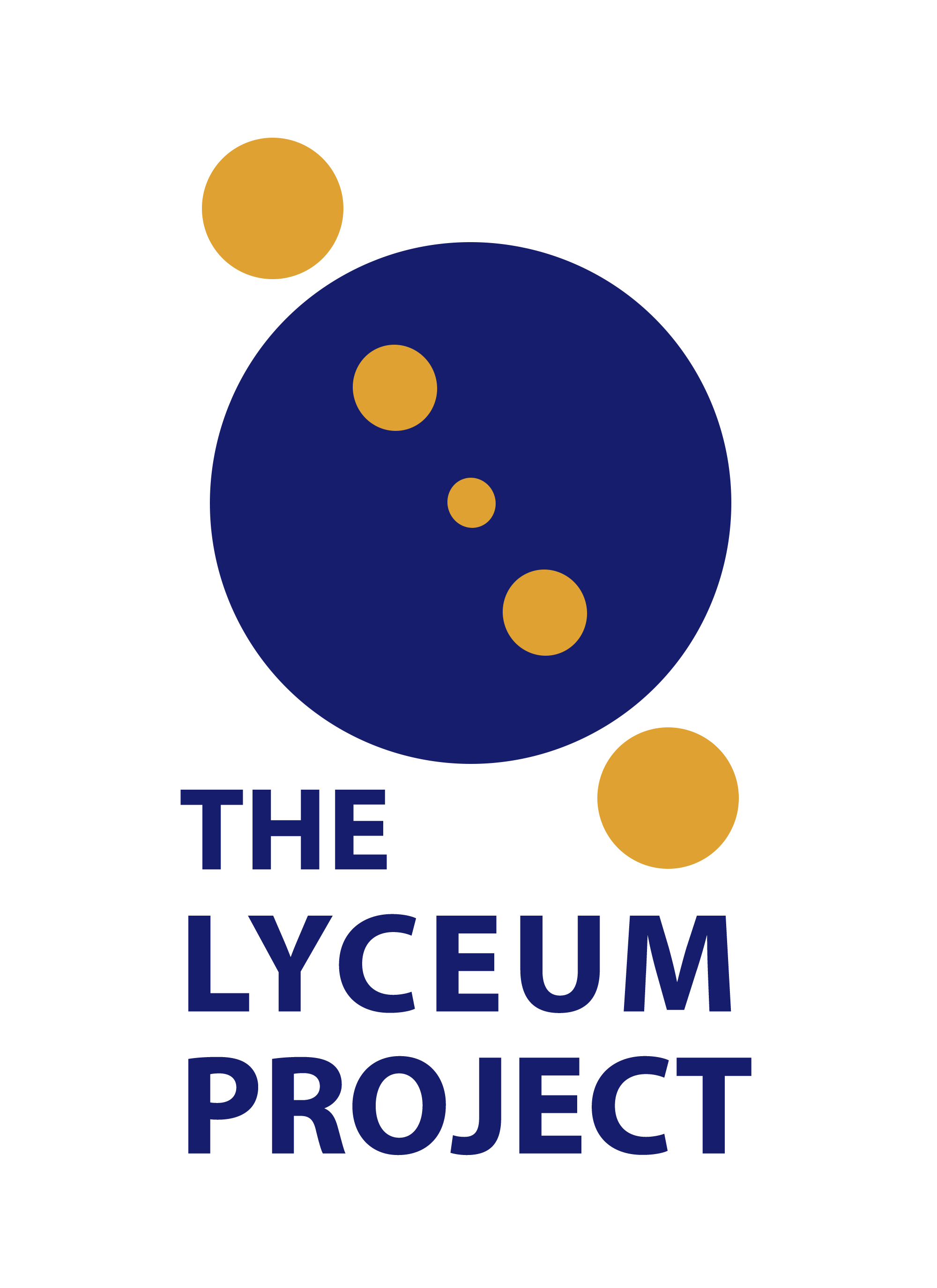We have a packed agenda with key figures from various academic backgrounds. 
Thursday 20th June 2024
13.30-14.00: Registration
14.00-15.00: Welcome address:
- Prof John Tasioulas, Director, Institute for Ethics and AI, and Professor of Ethics and Legal Philosophy, Faculty of Philosophy, University of Oxford
- Prof Josiah Ober, The Markos & Eleni Kounalakis Chair in Honor of Constantine Mitsotakis and Professor of Political Science and Classics, Stanford University.
Presentation of AiTHERION.
- Lida Arnellou, Postdoctoral Researcher at NCSR-Demokritos, Head of the "Artificial Intelligence for Culture" team, Curator of AiTHERION
15.00-16.30: 'Early Career Researchers' Parallel Sessions'
Parallel presentations from the winners of the Call for Papers from early career scholars. Hear new ideas from the up and coming thinkers in the field of Philosophy. More details can be found here.
16.30-17.00: Refreshment Break
17.00-18.30: Practitioners' Panel.
Chair: Prof Fotini Christia, Ford International Professor of the Social Sciences, Director, MIT Sociotechnical Systems Research Centre (SSRC)
Panel:
- Prof Costis Daskalakis, Avanessians Professor of Computer Science, EECS and CSAIL, MIT
- Mr Brendan McCord, Founder and Chair, Cosmos Institute and Visiting Fellow, St Catherine's College at University of Oxford
- Prof Alondra Nelson, Institute for Advanced Study, Princeton; former principal deputy director of the White House Office of Science and Technology Policy
- Prof Yuval Shany, Hebrew University, Jerusalem/University of Oxford, former chair of the UN Human Rights Committee
18.30-19.00: Refreshment Break
19.00-19.15: Speech by the Prime Minister of Greece, Kyriakos Mitsotakis
19.15-20.15: Philosophers' Panel - White Paper on Aristotelian AI ethics
Interviewer: Prof Voula Tsouna, University of California
- Prof John Tasioulas, Director, Institute for Ethics and AI, and Professor of Ethics and Legal Philosophy, Faculty of Philosophy, University of Oxford
- Prof Josiah Ober, The Markos & Eleni Kounalakis Chair in Honor of Constantine Mitsotakis and Professor of Political Science and Classics, Stanford University.
20.15: Event Finish
22.30-Midnight - Aristotle Lyceum Experiencing the spirit of the place
Interdisciplinary Youth Dialogue ending with "In C” Interactive Masterclass
- Sasha Waltz & Guests
- Terry Riley
- Dance Students of the Athens Conservatoire & Stylianos Tsatsos
Young people and university students from diverse disciplines including Humanities, Arts and Sciences are invited to join an event for limited number of participants taking place at Aristotle's Lyceum next to Athens Conservatory. The event will start with an Interdisciplinary Youth Dialogue ending with experiencing ‘In C’, a choreographic system by German choreographer Sasha Waltz consisting of 53 choreographic figures based on the open score ‘In C’ by Terry Riley written in 1964. The material can be learned and performed anywhere by anyone and is open to changes in all dance styles and cultures, to influences of different heritages, to professionals and amateurs, young and old. Yet it has its specific set of rules, a common language that makes up the frame for a collective composition. Therefore ‘In C’ is a democratic process: It is a piece about being part of a group as an individual and reflects the dynamic relationship between singular decisions and the choices of the many. It plays with the constantly changing roles of following, leading and the in-between of the two, creating a horizontal net of equally responsible individuals. In this sense ‘In C’ can be a tool to bridge the gap between generations, art forms or national borders.
Therefore ‘In C’ is a democratic process: It is a piece about being part of a group as an individual and reflects the dynamic relationship between singular decisions and the choices of the many. It plays with the constantly changing roles of following, leading and the in-between of the two, creating a horizontal net of equally responsible individuals. In this sense ‘In C’ can be a tool to bridge the gap between generations, art forms or national borders. It also explores the potential of open artistic production and international exchange: The material is available as video tutorials and can be learned digitally.
